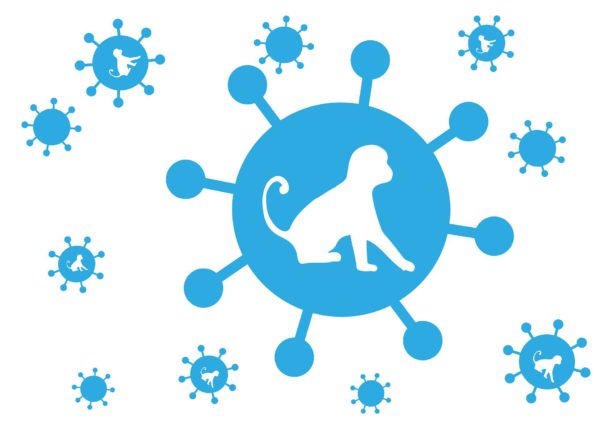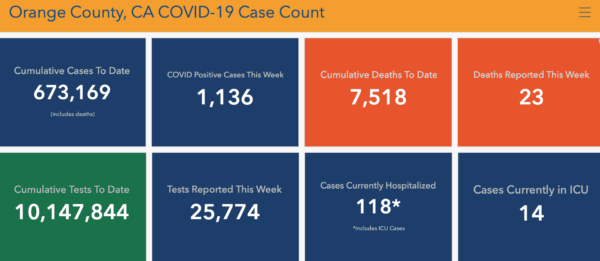UC San Diego will be one of several sites across the country to study the safety and efficacy of the drug tecovirimat as a potential treatment for human monkeypox, it was announced Thursday.
TPOXX, as the drug is marketed, is an antiviral currently approved for treatment of human smallpox in adults and children caused by the variola virus.
The study is a randomized, placebo-controlled, double-blind trial, funded by the National Institute of Allergy and Infectious Diseases and led by the AIDS Clinical Trial Group. The AntiViral Research Center at UCSD School of Medicine is part of the group.
“There is an urgent need for MPOX (monkeypox) treatments and this study will help us determine whether tecovirimat should be one of them,” said Dr. Susan Little, professor of medicine at UCSD School of Medicine and infectious disease specialist at UCSD Health, and co-director of AVRC and lead investigator of the UCSD trial.
“People living in the San Diego region who have confirmed or probable Mpox have the opportunity to make a huge contribution by participating in this study.”
The current monkeypox outbreak emerged in spring 2022 and has since spread throughout the world, with more than 75,000 cases in 109 countries and more than 28,000 cases in the United States. San Diego County has recorded 440 cases as of the most recent data.
The new trial, with more than 60 sites, will enroll more than 500 adults with monkeypox virus infections. The trial will include people with severe disease and those at high risk of severe disease, including pregnant and breastfeeding persons, children and individuals with underlying immune deficiency and active inflammatory skin conditions who will receive open-label tecovirimat, a statement from the university reads.
TPOXX is approved by the U.S. Food and Drug Administration to treat smallpox, but its safety and effectiveness against monkeypox — or MPOX, as it is commonly referred to in the medical and research community — is unknown. The virus belongs to the same family of viruses as variola virus. MPOX symptoms are similar to smallpox symptoms, but milder, and MPOX is rarely fatal. MPOX is not related to chickenpox.
All participants in the trial will be followed for at least eight weeks through a combination of virtual and in-person visits, and daily self-reports to determine if those receiving tecovirimat heal more quickly compared to those receiving the placebo. The study will also provide data on the optimal dosing and safety of tecovirimat in children and people who are pregnant or breastfeeding.
MPOX was first identified in 1958 and has caused an increasing number of infections annually in endemic countries, primarily portions of Africa. The current outbreak has been characterized primarily by increased person-to-person transmission. According to the U.S. Centers for Disease Control and Prevention, close contact during sexual activity is believed to play an important role in the current outbreak.
Most cases have been reported among men who have sex with men. But women have also been infected, as have children, and men who have sex with women. There are currently no therapies approved to treat human MPOX.







